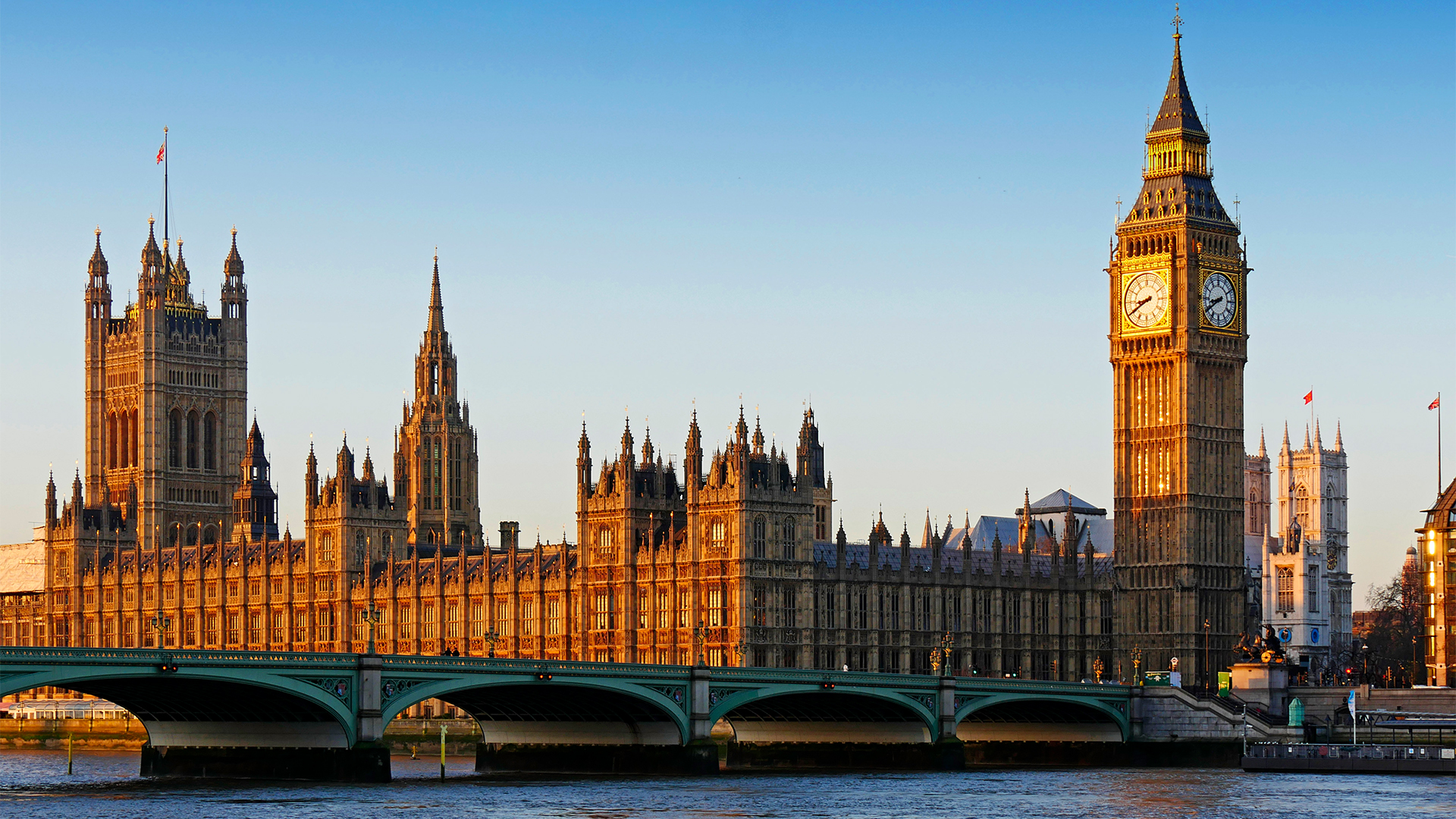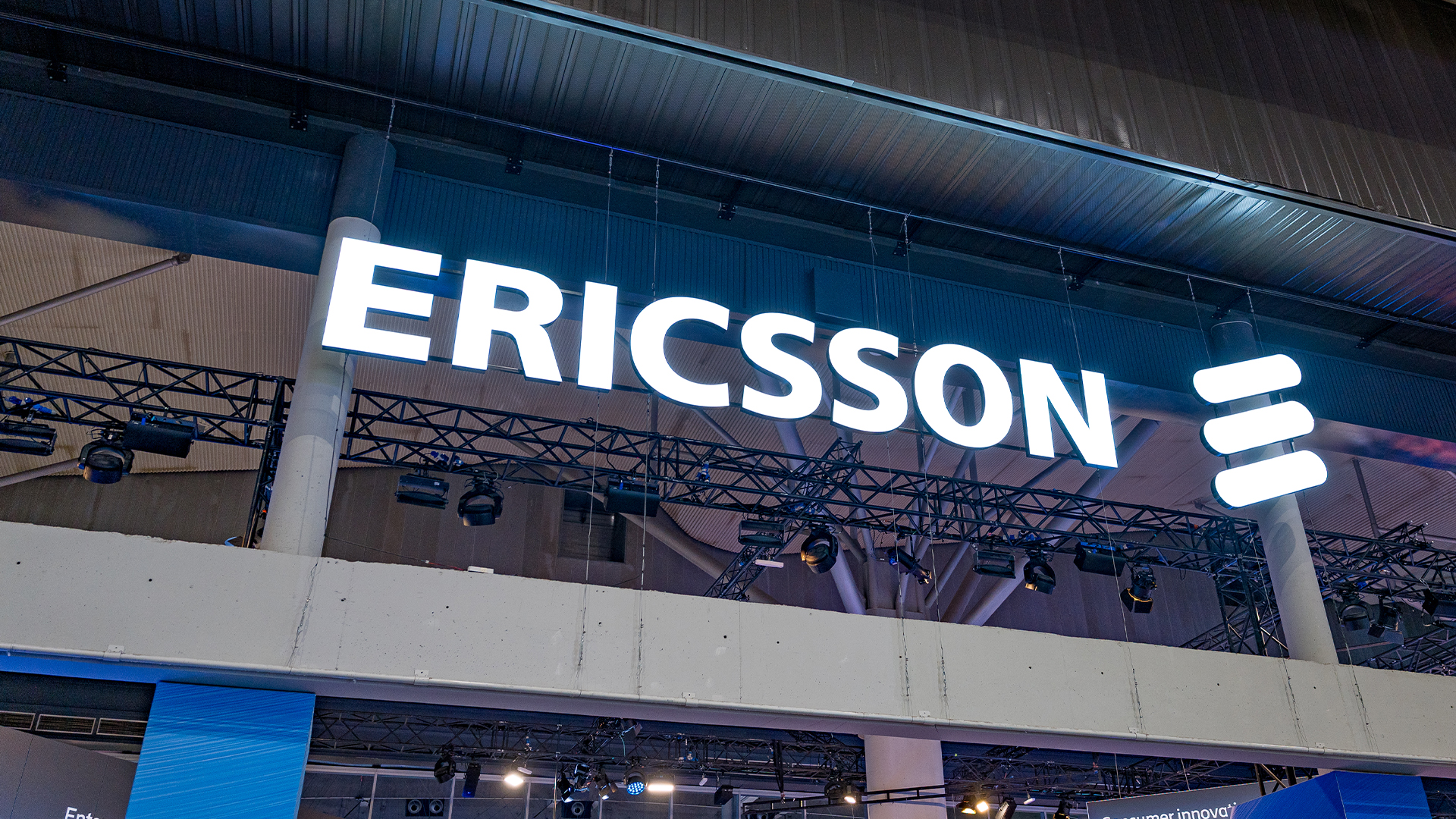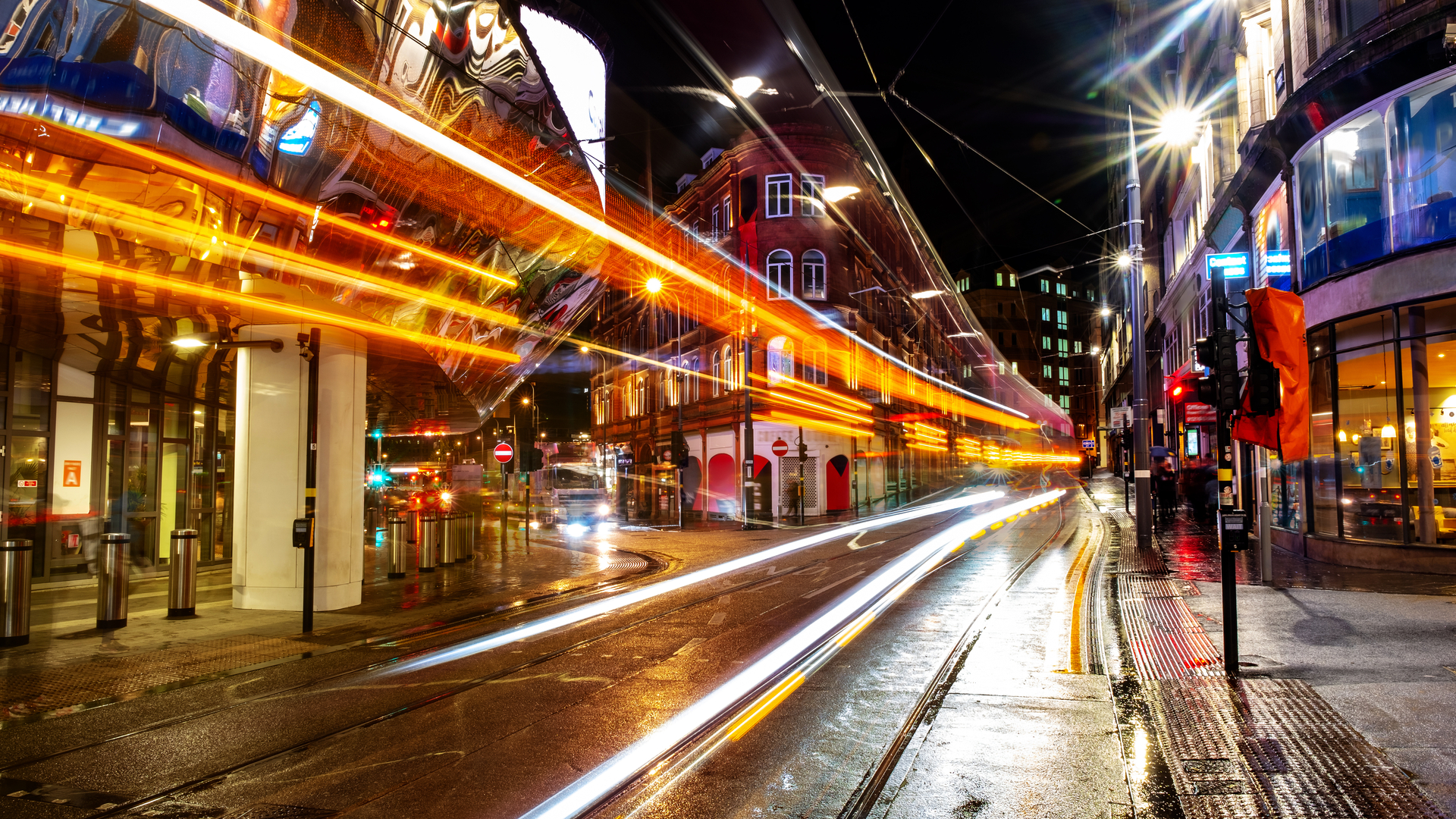100% 4G coverage 'will reach UK by 2020'
Digital minister also promises 5G within a decade

Superfast broadband and 4G will be universally available in the UK by 2020, according to digital minister Matt Hancock.
Speaking yesterday at Broadband World Forum, Hancock said that deeper connectivity throughout the country, including rural areas, is essential to "keep up" with demand for high speed internet.
"By 2020, the volume of global internet traffic is expected to be 95 times its volume in 2005," said Hancock. "In the UK, fixed internet traffic is set to double every two years."
To ensure Britain is able to provide the capacity for this data demand, broadband needs to be considered as the "fourth utility", according to Hancock.
The UK superfast broadband network is currently available to 91% of homes, due to rise to 95% by next year, with average speeds of 24Mbps.
But Hancock believes this extensive rollout of "part-fibre" broadband has meant that only 2% of premises enjoy full-fibre speeds.
Alongside a promise to roll out 100% 4G coverage by 2020, Hancock outlined plans for an extensive 5G network are also in place over the next decade.
Sign up today and you will receive a free copy of our Future Focus 2025 report - the leading guidance on AI, cybersecurity and other IT challenges as per 700+ senior executives
"The future is fibre. Around the world the evidence increasingly points to fibre roll out as the underpinning of a digital nation," said Hancock. "Our ambition is to be a world leader in 5G - by defining industry standards and attracting and retaining investment in research."
But before work begins on an even faster 5G network, Hancock stressed the importance of "strengthening" the current 4G rollout. The current maximum 64% coverage has been described as "poor" by a research body.
The government has put pressure on UK network providers by imposing a legally binding obligation to deliver universal coverage. Although the "market will have to lead", the government has promised increased support.
"Reforms to planning laws and the Electronic Communications Code will make it cheaper to deploy infrastructure, including more masts by permitted development, taller masts, and small cells," said Hancock.
A competitive market is needed for plans to go ahead, he added. Companies such as BT will be "forced to open up access to, and maps of, its ducts and poles".
The government hopes this will provide greater fairness in the market, placing stronger emphasis on the role of the Advertising Standards Authority to deliver clarity.
Hancock also acknowledged the severe lack of connectivity on rail routes and has outlined plans to deliver 100% coverage of free Wifi on all passenger journeys by 2020, including boosts to mobile connectivity by filling in rail 'not-spots'.
Dale Walker is a contributor specializing in cybersecurity, data protection, and IT regulations. He was the former managing editor at ITPro, as well as its sibling sites CloudPro and ChannelPro. He spent a number of years reporting for ITPro from numerous domestic and international events, including IBM, Red Hat, Google, and has been a regular reporter for Microsoft's various yearly showcases, including Ignite.
-
 How to MFA everywhere
How to MFA everywhereIndustry Insights Identity online is not who you are; it is what the system accepts as proof of you, and that gap is exactly what the attackers take advantage of
-
 UK government confirms October cyber breach: Everything we know so far
UK government confirms October cyber breach: Everything we know so farNews Details around Foreign Office hack remain sparse and government says it's unclear who is behind the attack
-
 Three and Ericsson just launched a first-of-its-kind managed 5G service for businesses
Three and Ericsson just launched a first-of-its-kind managed 5G service for businessesNews The new 5G service looks to supercharge business connectivity across Ireland
-
 Nokia and NASA join forces to bring 4G to the moon
Nokia and NASA join forces to bring 4G to the moonNews Cellular service will provide the communications needed for meaningful moon exploration
-
 Birmingham crowned the fastest UK city for 4G download speeds
Birmingham crowned the fastest UK city for 4G download speedsNews While Birmingham also recorded the highest speed hike over 2019, London came in at a middling 9th place
-
 LTE vs 4G: Which is better?
LTE vs 4G: Which is better?In-depth Comparing LTE vs 4G has become common in recent years, but how exactly do they differ, and is 4G faster?
-
 What is 4G?
What is 4G?In-depth A look at the fourth generation of mobile networking technology and its availability in the UK
-
 4G vs 5G - what's the difference?
4G vs 5G - what's the difference?Vs From 3G to 4G, mobile connectivity has revolutionised our lives. Now 5G is set to do it again
-
 The best 4G network
The best 4G networkIn-depth Every mobile provider offers 4G contracts, but which one is the best for you?
-
 More than a million UK properties don't have access to 'decent' broadband speeds
More than a million UK properties don't have access to 'decent' broadband speedsNews Ofcom's Connected Nations report finds broadband is still lacking across 4% of the UK